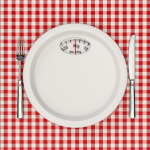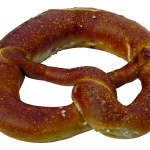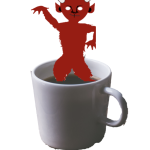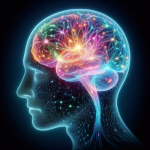Chris Kresser has multiple books, a website, a supplement line, a health coaching certification program, and was a cofounder of the California Center for Functional Medicine. He’s been on Joe Rogan, Dr. Oz, and NPR. With his increased media exposure, it’s important to understand more about who he is and what he’s peddling.
Food & Nutrition
The USDA's National Organic Program has embarked on a mission to fortify oversight and enforcement in producing, handling, and selling organic products. While the rhetoric espouses the protection and growth of the organic sector, questions linger regarding the authenticity and trustworthiness of the USDA organic seal. Can the organic industry truly shed the cloak of fraud that has shrouded it for so long?
At some point in your life, you’ve heard debates about healthy eating, often emphasizing organic, non-GMO, fresh, and minimally processed foods. These discussions are frequently associated with health gurus who claim to have the secret to longevity through diet. However, this focus can overshadow other important food-related topics, such as contaminants.
Two extensive longitudinal studies are heralded as unveiling the common “truth” that ultra-processed foods hasten our mortality. However, before embracing that kale smoothie, ultra-processed foods may not be the villains portrayed in the media we've been led to believe. Here's why.
It’s final exam time, which means all manner of study hacks are making their semi-annual resurgence amongst students across the country. Among those hacks are nootropics – substances ostensibly increasing cognitive function. What’s behind these brain-boosting products?
The banana has shaped civilizations and sparked scientific inquiry. From its origins in the lush forests of New Guinea to its global domination as a staple of modern diets, the banana's journey is now in peril. Beneath its familiar yellow exterior lies a narrative encompassing genetic manipulation, disease, and global commerce.
A recent study found that controlled periods of fasting could hold the key to unlocking a longer, healthier life. Do we finally have evidence that skipping meals reverses aging, or is the situation more complicated than that?
In the ongoing battle against obesity, whether size matters takes on a new dimension regarding snacks. While discussions often center around nutritional content and dietary habits, the impact of portion and unit size tends to be overlooked. Yet, these seemingly insignificant factors can significantly influence our daily caloric intake.
As long as we don't run out of chemicals, we will never run out of chemical scares. Most are unfounded, especially the current one – that the use of methylene chloride to decaffeinate coffee will somehow harm you. The numbers say otherwise. There is nothing to worry about here.
Americans seem to have quite a positive view of dietary supplements. According to a 2023 survey, 74% of U.S. adults take vitamins, prebiotics and the like.
The business of supplements is booming, and with all the hype around them, it’s easy to forget what they actually are: substances that can powerfully affect the body and your health, yet aren’t regulated like drugs are. They’re regulated more like food.
Discovering the truth about the impact of ultra-processed foods on our brains can be like navigating a maze of conflicting information. In a recent article published by The Wall Street Journal, the spotlight was once again cast on this controversial topic.
William "Bill" Post, who recently passed away at age 96, may not ring a lot of bells, but his invention sure does. Post is credited with the invention of Pop-Tarts. The little devils were first marketed in 1964 but even after 60 years, they remain wildly popular – to the tune of three billion sold annually. Here's a non-serious look at Post and his breakfast-changing innovation.










